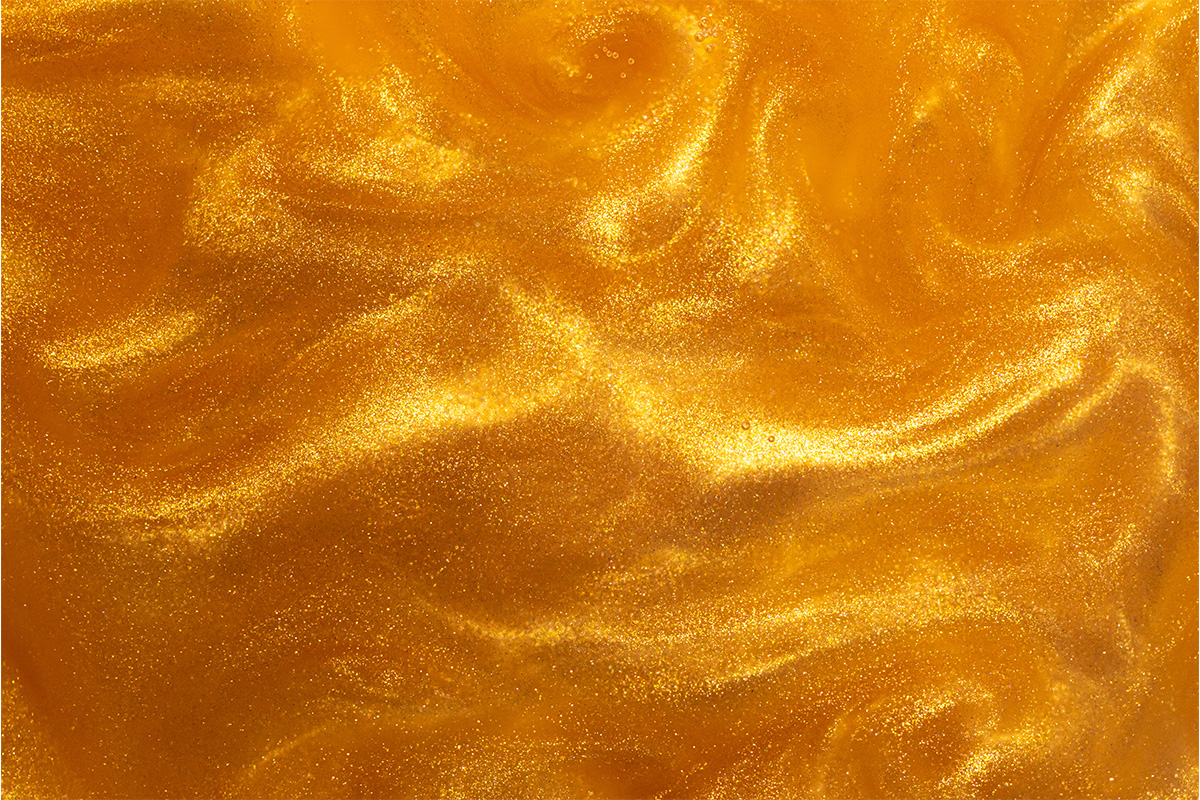The other day, I was sitting with friends trying to describe a date I had been on. He had a vibe, but I couldn’t put my finger on it. He was familiar. He kind of reminded me of an old man, but in a good way? Then, a lightbulb moment. He was heimish.
Do you use the word heimish? I started recently and now I can’t stop. Like so many Yiddish words, once you learn it, you can’t remember life before it or how you used to fill that particular hole of meaning. It’s so distinct, so vivid, so hard to define. Like the word schlep. If you “schlepped around town all day,” you can try to approximate the same meaning with “hauled” or “ran.” But nothing encapsulates that efficient combination of hassle, physical exertion and charming irritation like “schlep.”
Heimish is the same. Heimish (pronounced HAY-mish or HY-mish) or heimishe (with that extra Yiddish syllable of oomph at the end) comes from the word “heym” (“home”). So the literal translation of heimish is “home-ish.” And that’s precisely what it means — but it’s also so much more! It means homey, cozy, familiar, casual. “Mach zich heimish” means, “Make yourself at home.” Like a guitar around a campfire, heimish just feels good. Remember the hygge moment, that pre-pandemic era when corporate America discovered the Danish word for “cozy” and used it to market scented candles, muffin tins, and overpriced pinecones? Well, heimish is the Jewish hygge.
A casual poll of family and friends revealed its multiple, hard-to-pin-down meanings. My mother, whose parents refused to teach her Yiddish (she later studied German to try to decipher their fights), said it was a favorite word of theirs, and was always positive. They’d use it in a context like “we thought the restaurant would be cold and fancy, but it was heimishe!”
I asked my friend in Tel Aviv for his take and he left me a long voice memo in his strong Philadelphian drawl: “Heimishe is basically like… If you go to Bnei Brak or Brooklyn or even Montreal and you know the right Haredi guys, on Thursday nights you can go and there’s a big pot of cholent and a bunch of kugel and you eat a big greasy bite of kugel and that’s some fucking heimishe shit! Anything with schmaltz is heimishe. So there’s heimishe food, but you can also be a heimishe GUY. Like, ‘Ah, he’s a heimishe guy, he follows the Torah mitzvos.’ It’s Haredi, basically. But also not just Haredi — it’s JEWISH. You know what I’m sayin’?”
Shockingly, I did. (I then asked him if the actor Adrien Brody was heimishe. His response was nuanced and unprintable.)
But my mother begged to differ: “I totally disagree that heimish is Haredi!! My parents were totally secular but they were heimish: unpretentious, comfortable. It’s a bit schlubby rather than chic. With a Jewish flavor though.”
Heimishe is something you feel, not something you can define. It’s Yiddish, so it has overwhelmingly Ashkenazi connotations (hence the kugel). It can mean Jewishy, part of the in-group, religious, “one of us.” But it can also mean homey, familiar, comforting. Or a mix! That leaves a lot of room for subjectivity, doesn’t it? For example, if you’re Scottish, the name Hamish would conceivably be heimish to you (someone find a Scottish Jew and ask them). And although correcting someone’s grammar is hardly unpretentious and welcoming, I grew up in a grammar-obsessed household, so, to me, using “whom” correctly is supremely heimish. Heimish is in the eye of the beholder. (Except Bernie Sanders, cranky at the inauguration, in his mittens. That was inarguably the epitome of heimish.)
As we look towards the dark days of winter, I’ve been thinking about the fine line between cozy and depressing. If I had to pinpoint the difference between the misery of being locked inside and the joys of time spent at home, it would hinge on one little word: heimish. Are you curled up on the couch in sweatpants in your sixth hour of TV? That’s either depressing — or it’s heimish.
I wish us all a very, very heimishe winter.
And in case you’re still hazy on what this word means, here’s my highly debatable list of things that are heimish (for fans of Alma’s “Jew Or Not Jew,” meet “Heimish Or Not Heimish,” if you will):
Elliott Gould – heimish
George Clooney – not heimish
Pickles – heimish
Cornichons – not heimish
Natalie Portman – Jewish but not heimish
Nia Vardalos – heimish but not Jewish
Succession – not heimish, but certainly part of my heimish routine
Shtisel – obviously heimish
Twitter – not heimish
Blogs – heimish
Uber – not heimish
Taxis – medium heimish
Catching a ride with someone – the most heimish
Romcoms – heimish
Thrillers – not heimish
Dating apps – not heimish
Set-ups – heimish
Hey Alma classifieds – extremely heimish
Black and white cookies – heimish
Milanos – not heimish
Complaining about your problems loudly – heimish
Drinking away your problems quietly – not heimish
The Nick Kroll/John Mulaney show “Too Much Tuna” – THE MOST HEIMISH
The Marvelous Mrs. Maisel – thinks it’s heimish but it isn’t
The 1995 BBC Pride & Prejudice series – thinks it isn’t heimish but it is
A latte with oat milk – not heimish
Bad diner coffee with creamer – heimish
Vegetarian – heimish
Vegan – not heimish
Dear heimishe Alma reader, please tell us – what’s heimish to you?



